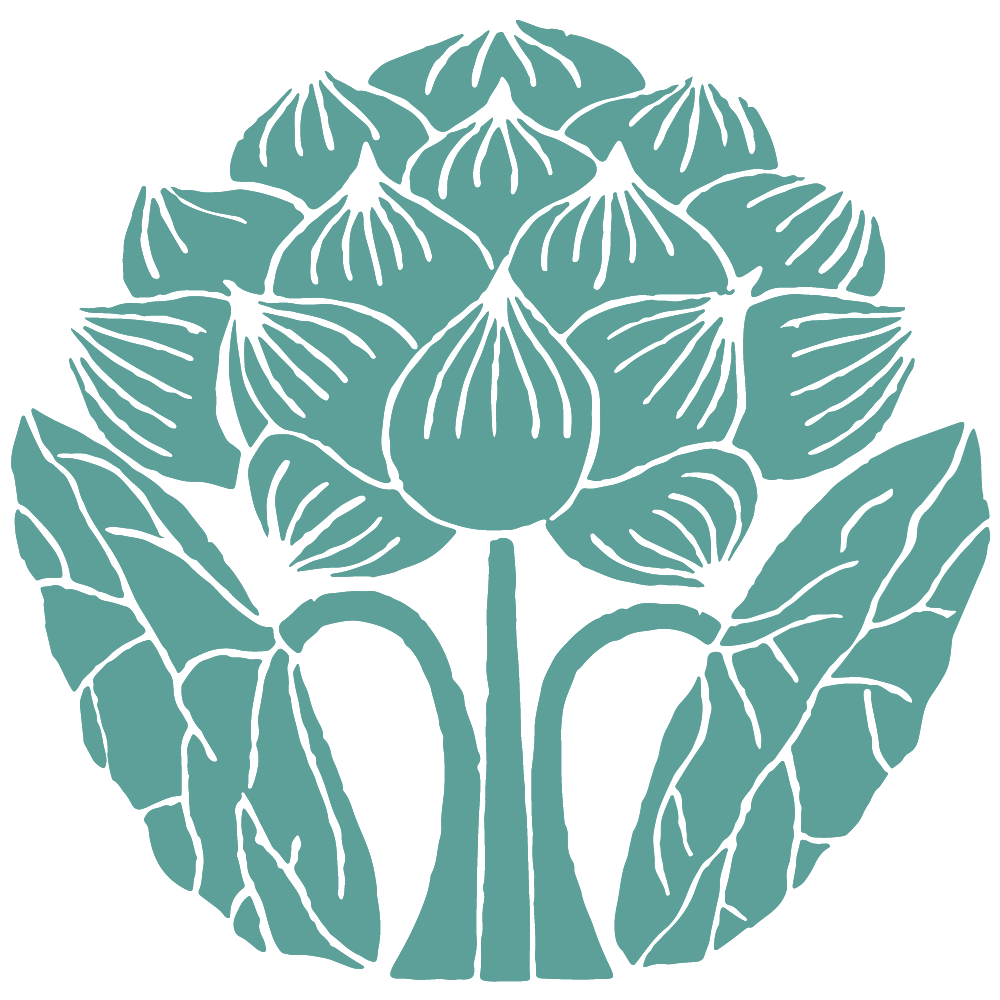On the last day of March, an overflowing crowd heard Robert Whitaker speak at the Brattleboro public library. A writer and journalist, Whitaker has researched various medical issues with a particular focus on mental health for 25 years. He has written two books, the first, ‘Mad in America’, was a history of psychiatric treatment in the United States since colonial times, and the second, ‘Anatomy of an Epidemic’, detailed the rise of the use of psychotropic medications in treating the mentally ill over the last half century and the consequences thereof.
The latter book drew a great amount of attention, winning an award for investigative journalism in 2010 and also making its author something of a spokesperson for change in the way that the mentally ill are currently treated in the United States.
